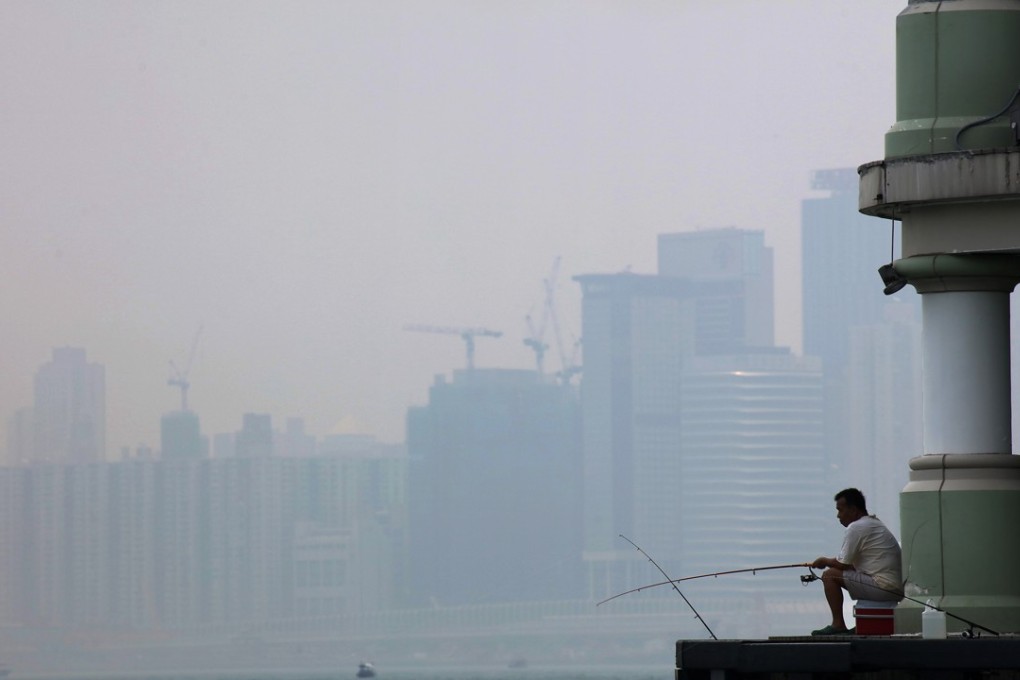Advertisement
Hong Kong’s outdated environmental impact law needs to move with the times
Benoit Mayer says Hong Kong’s 20-year-old Environmental Impact Assessment Ordinance lags behind laws in other jurisdictions, and needs updating to help meet global commitments
Reading Time:3 minutes
Why you can trust SCMP

The Environmental Impact Assessment Ordinance came into force 20 years ago, on April 1, 1998. This legal framework imposed, for the first time in Hong Kong, a mandatory public assessment of the environmental impacts of large development projects such as transport infrastructure, airport facilities and land reclamation.
This ordinance injected new hope for democratic decision-making in large development projects. It imposed the publication of a comprehensive study and public consultations in which anyone could have a say before a project, likely to have significant environmental impact, could move forward. Courts would control compliance with these procedural safeguards through judicial review.
This institutionalised scrutiny made decisions detrimental to the environment less likely, and brought Hong Kong on a par with many Western countries, well before other Asian jurisdictions.
Advertisement
All flagship development projects in Hong Kong in the past 20 years have gone through this procedure, from the extension of the MTR network, to the airport’s third runway and the Hong Kong-Zhuhai-Macau bridge-tunnel project. But practice also revealed imperfections in the legal framework. Reports routinely exceed 1,000 pages, with lengthy discussions of environmental impacts unlikely to be significant. Public access to information has been limited, as reports were only available in English, and assessments are carried out at an advanced stage of the project, where meaningful alterations would incur substantial costs.

China enters a new era for conservation and pollution control, but can it implement all the sweeping changes?
Meanwhile, the government’s original enthusiasm for a mandatory assessment of environmental impacts has waned. Over two decades, the government has made no substantial amendment to the ordinance, a lethargy contrasting sharply with the evolution of similar statutes elsewhere.
Advertisement
Advertisement
Select Voice
Choose your listening speed
Get through articles 2x faster
1.25x
250 WPM
Slow
Average
Fast
1.25x